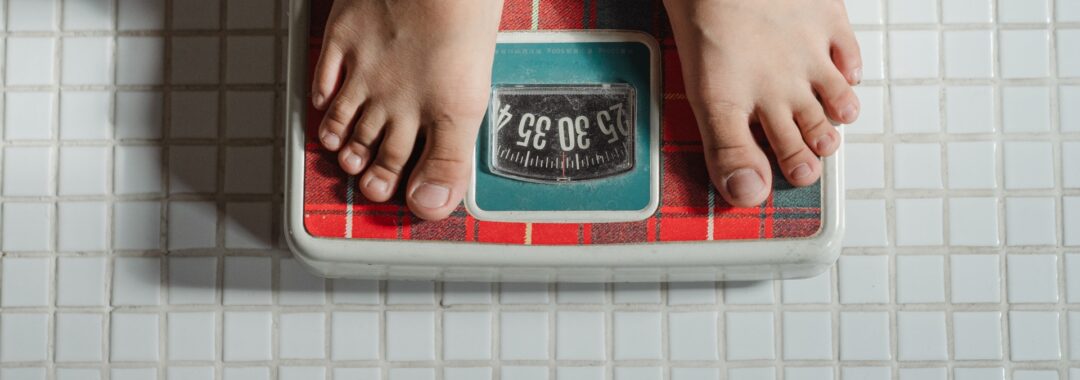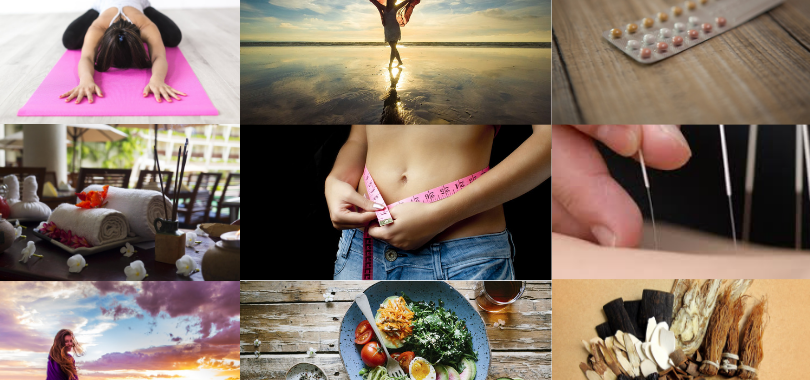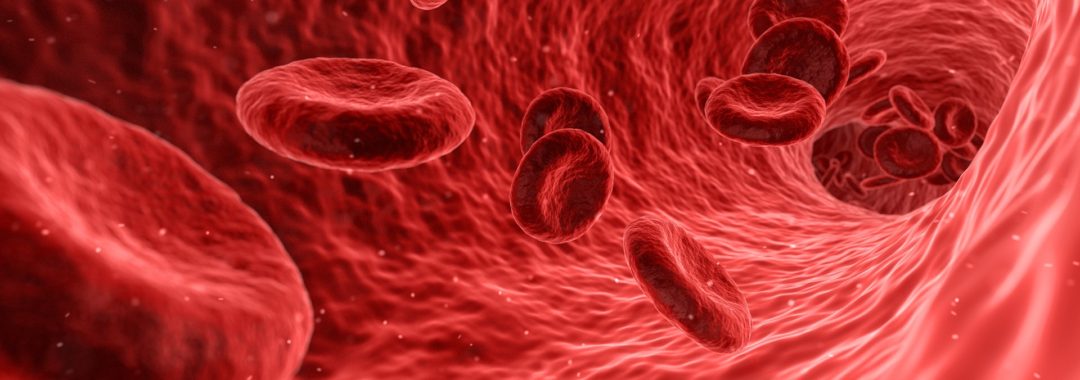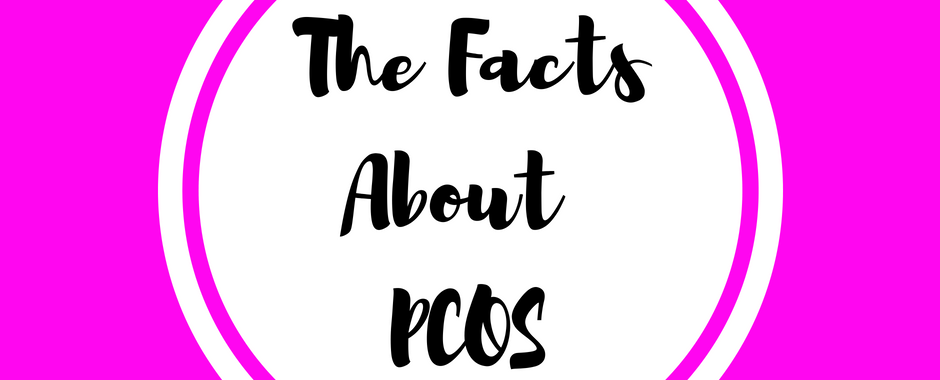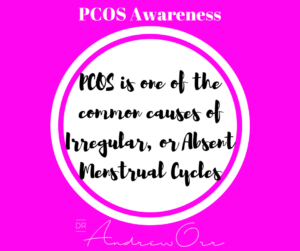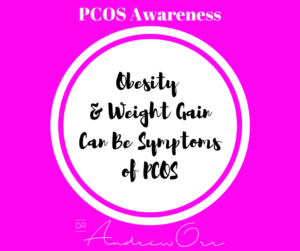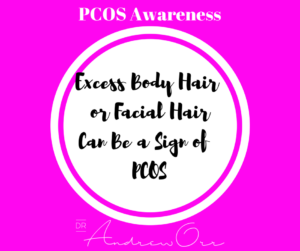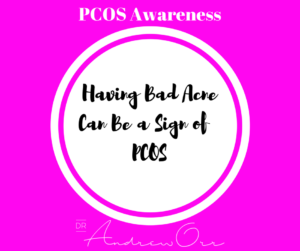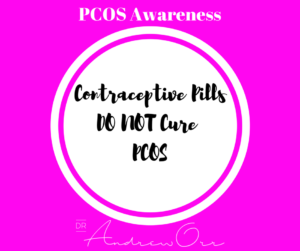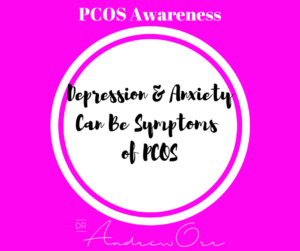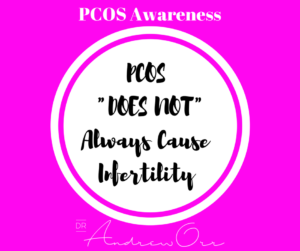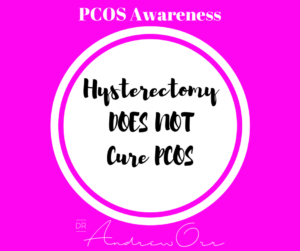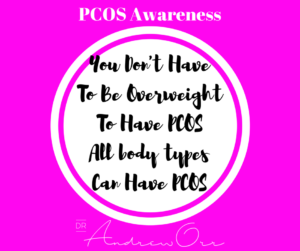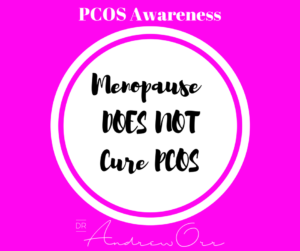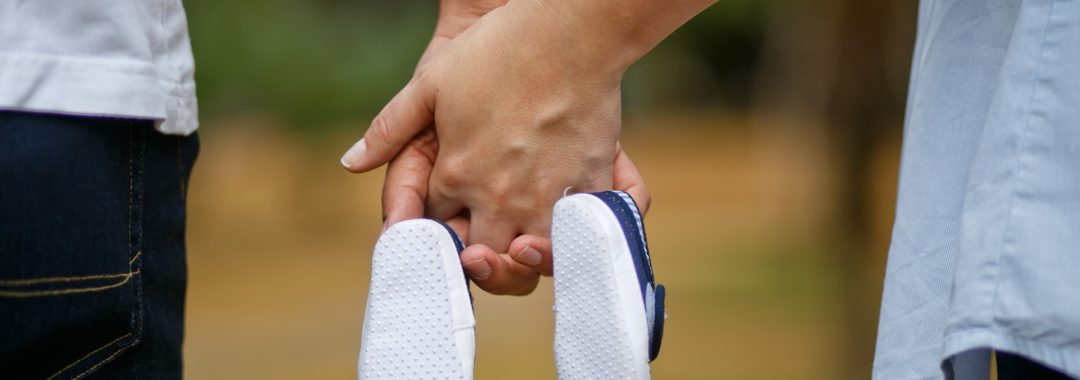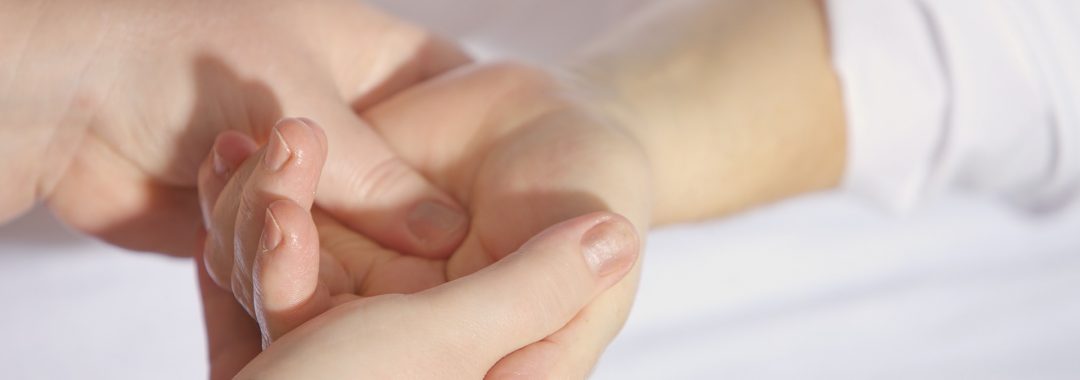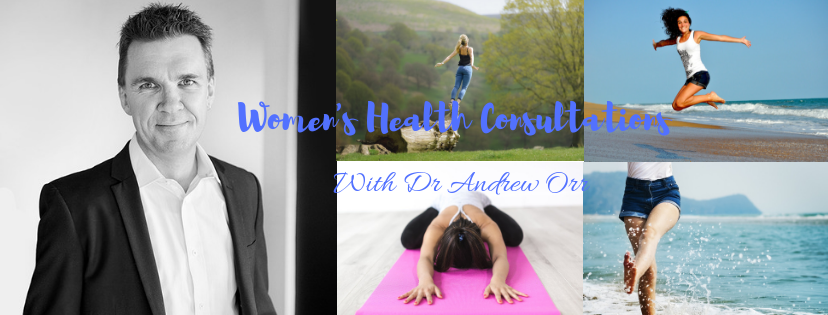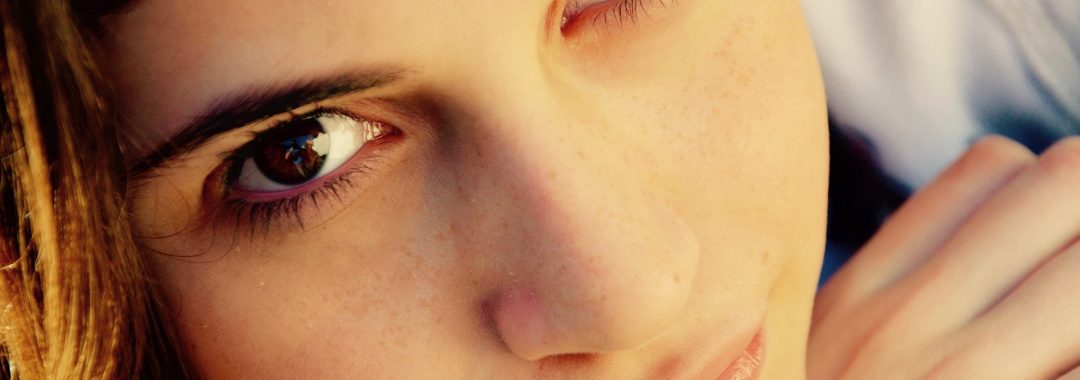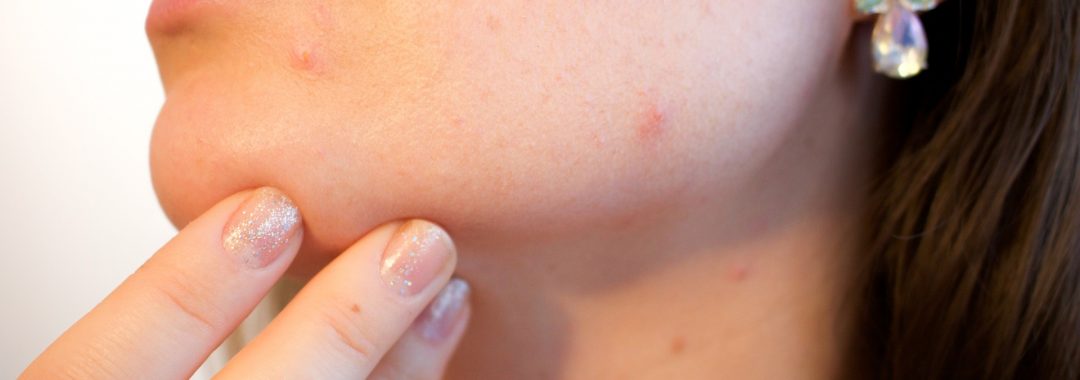When women come to see me for help with women’s health conditions, or couples who come to see me for help with having a baby, one of the first things I ask all of them to address is excess body fats and look at diet and lifestyle modifications.
Women, men, and couples who are underweight, need to look at this also, because being underweight can be just as bad as being overweight.
For the purposes of this post, we are going to look at how excess fats can not only interfere with fertility, but they can be a major driving factor in gynaecological and men’s health conditions that many face on a daily basis. Worse still, excess body fat can also lead to many cancers that both men and women get also.
One of my biggest challenges with men, women and couples is getting them to look at how excess body fat is playing a big part in their current health. It can also be challenging to show how excess body fats, or having too little body fat, can affect the gynaecological condition they have, or how it is affecting their fertility.
I always get all sorts of excuses from “My friend was overweight and he/she does not have my condition”, or “The next door neighbour is overweight and she has had 3 children” and all many of excuses that seem to be a big block in actually taking responsibility for one’s health. I get that it can be hard to get started and hard to make the steps for a better life, but at the end of the day, all these things I hear are just excuses really.
Yes, the next door neighbour may not have your health issue, but they may also have some other health issue, or be at risk of another health issue.
Yes, your friend might be overweight and has had a couple of children easily, but they may also be younger than you and many of the health issues they face because of their weight may not have caught up with them yet, but it will.
I always have to get people to stop focusing on others and get back to looking at themselves, because other people are different. Other people are not you. We are all different individuals with different weaknesses in the body and what may affect one person, may not affect another, but this does not mean we can sit back and just do nothing about our health, or keep comparing our life to another.
Looking at a person’s body fat is paramount for any health condition that the body faces and we need to look at the individual, not at the masses. Research shows us that excess body fat can lead to diabetes, heart disease, cardiovascular events, cancers, gynaecological issues, infertility, men’s health issues and many other complaints in the body. It can also lead to an early death too.
This is a fact and no matter how many excuses people want to make, nothing is going to change the fact that excess body fat is not good for us and it causes problems with our health and now costing the health systems dearly too.
Excess body fat produces excess estrogens in the body and we are now calling these “Obestrogens”. These excess estrogens can not only have an effect on testicular and ovarian function, but they also interfere with other hormones, increase inflammation in the body and then add as drivers for other health issues in the body.
These “Obestrogens’ can also interfere with your DNA and can also be passed on to your future offspring through the DNA of the sperm and eggs and also pass genetic conditions onto them as well.
Eating too many refined grains, refined sugars, alcohol and refined foods are a big cause of excess fats in the body. These foods lead to increased blood sugar levels, which in turn lead to excess insulin in the body.
This then leads to the body storing fat and also stopping the burning of fat. This then leads to high levels of inflammation in the body and a big driver behind many of the major health complaints in the body and even our leading causes of death, in both men and women.
When people ask me how refined foods and grains lead to excess fats I also ask them “How do we fatten up cattle and livestock?” The answer is we give them high amounts of grains which increase hormone levels, which then lead to excess growth and also lead to higher amounts of fats in their bodies.
How Excess Body Fats Affect Our Health
Excess body fats are a big contributing factor in PCOS, Endometriosis, Fibroids, Cysts, Polyps, Sperm quality issues, Prostate issues, Diabetes, Infertility, Cardiovascular disease, Heart disease and Cancers in both men and women
For women excess body fat can lead to menstrual irregularities and heavy periods too, without necessarily having a known gynaecological condition. These excess fats produce estrogens, which are needed to thicken the uterine lining.
But when there are too much circulating estrogens, the lining becomes too thick and unstable, eventually leading to bleeding. This can be unpredictable, and often very heavy, lasting a long period of time. These excess estrogens can then lead to, or be a driver of gynaecological conditions such as PCOS, Endometriosis, Fibroids etc. They can also be a big contributing driver of cancers in women.
These excess fats can also lead to men growing breasts, feminisation, having prostate cancers, prostate issues, sperm issues, diabetes, heart disease, infertility, erectile dysfunction, and many cancers that men face.
With many of the developed western countries have a population with over 70% of its people being overweight, or obese, now more than ever we need to look at ways of educating people about eating better, exercising more and looking after their health.
While we need governments to intervene, we also need people to take personal responsibility too. Here in Australia we do have healthy eating guidelines that is set by the government and while they are not perfect, they do tell us about the dangers of excess body fat.
With so much health information about the dangers of refined foods, processed foods, sugars, grains and alcohol, we really do have lots of resources that we never used to have available to us. There really is no excuse any longer. If you really do not know what a good diet is supposed to be, there are qualified health professionals, such as nutritionists etc, who can help you.
If you truly are eating a proper healthy diet and exercising, then you shouldn’t be overweight. If you are doing all the right things, then there could be other underlying issues that need to be addressed by an appropriate healthcare professional. But many times I find that what people think is a healthy diet, or appropriate exercise, is very far from what a healthy diet and appropriate exercise is. It is all about what people have been taught by their family and what their perception of a healthy lifestyle is.
If you do have a women’s health condition, have a men’s health issue, are having problem with fertility, or just need to get healthier, now is the time to act. We can no longer deny that excess fats are a major concern for the population and are causing so many health issues across the board.
Just so people know, it isn’t necessarily about weight and measuring yourself with scales. Scales do not show the amount of body fat we have and muscle weighs more than fat per cubic cm. We need people to get out the tape measure to truly see how much fat they have and start to look at waist measurement, rather than weight measurement.
A health male needs to have a waist measurement of 94cms or below and a woman needs to have a healthy waist measurement of 80cms or below. If a male has a waist measurement about 94cm or more, or a woman has a waist measurement of 80cms or more, both he and she are at increased risk of health issues. A measurement of above 102 cm (for men) or 88 cm (for women) is one of the components of Metabolic Syndrome, which puts you at increased risk of diabetes, cardiovascular disease and cancers.
Maintaining a healthy lifestyle is vital protection against many of the health issues we face. Regular exercise, limiting alcohol, non-smoking, a nutritious diet, reducing grains and refined foods and stress reduction are all important.
The lower GI diets (Primal, Paleo, Zone etc) have been shown to be much better than others for people who are overweight, obese and have excess body fats. Part of any of my treatment plans involve a healthy diet.
A healthy diet, along with other nutritional support, has been researched and shown to benefit health and longevity. It has also been shown to assist in increasing fertility and pregnancy rates and also assist with many health issues we all face.
Diet and lifestyle changes are a big part of my overall treatment and health management for everybody that comes to see me for help with reproductive and women’s health conditions.
When I assist people with weight issues I always say that I am there to help you, not judge you. It is about helping people help themselves have a better life and have better health and that is the main priority.
If you do need help with losing excess body fat, or increasing body mass, then please give my friendly staff a call and find out how I may be able to assist you.
Regards
Andrew Orr
-No Stone Left Unturned
-Women’s and Men’s Health Advocate
